
Kód: 04531590
Words without Objects
Autor Henry Laycock
A picture of the world as chiefly one of discrete objects, distributed in space and time, has sometimes seemed compelling. It is however one of two main targets of Henry Laycock's book; for it is seriously incomplete. The picture, ... celý popis
- Jazyk:
 Angličtina
Angličtina - Vazba: Pevná
- Počet stran: 222
Nakladatelství: Oxford University Press, 2006
- Více informací o knize

Mohlo by se vám také líbit
-
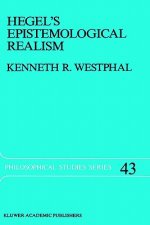
Hegel's Epistemological Realism
5094 Kč -
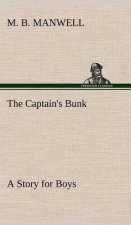
Captain's Bunk A Story for Boys
1143 Kč
Darujte tuto knihu ještě dnes
- Objednejte knihu a zvolte Zaslat jako dárek.
- Obratem obdržíte darovací poukaz na knihu, který můžete ihned předat obdarovanému.
- Knihu zašleme na adresu obdarovaného, o nic se nestaráte.
Více informací o knize Words without Objects
Nákupem získáte 475 bodů
 Anotace knihy
Anotace knihy
A picture of the world as chiefly one of discrete objects, distributed in space and time, has sometimes seemed compelling. It is however one of two main targets of Henry Laycock's book; for it is seriously incomplete. The picture, he argues, leaves no space for stuff like air and water. With discrete objects, we may always ask 'how many?', but with stuff the question has to be 'how much?' Within philosophy, stuff of certain basic kinds is central to the ancient pre-Socratic world-view; but it also constitutes the field of modern chemistry and is a major factor in ecology. Philosophers these days, in general, are unlikely to deny that stuff exists. But they are very likely to deny that it is ('ultimately') to be contrasted with things, and it is on this account that logic and semantics figure largely in the framework of the book. Elementary logic is a logic which takes values for its variables; and these values are precisely distinct individuals or things. Existence is then symbolized in just such terms; and this, it is proposed, creates a pressure for 'reducing' stuff to things. Non-singular expressions, which include words for stuff, 'mass' nouns, and also plural nouns, are 'explicated' as semantically singular. Here then is the second target of the book. The posit that both mass and plural nouns name special categories of objects (set-theoretical 'collections' of objects in the one case, mereological 'parcels' or 'portions' of stuff in the other) represents, so Laycock urges, the imposition of an alien logic upon both the many and the much.
 Parametry knihy
Parametry knihy
Zařazení knihy Knihy v angličtině Language linguistics Philosophy of language
4754 Kč
- Plný název: Words without Objects
- Podnázev: Semantics, Ontology, and Logic for Non-Singularity
- Autor: Henry Laycock
- Jazyk:
 Angličtina
Angličtina - Vazba: Pevná
- Počet stran: 222
- EAN: 9780199281718
- ISBN: 0199281718
- ID: 04531590
- Nakladatelství: Oxford University Press
- Hmotnost: 395 g
- Rozměry: 224 × 144 × 20 mm
- Datum vydání: 06. April 2006
Oblíbené z jiného soudku
-
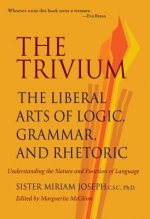
Trivium
515 Kč -

Making the Social World
303 Kč -
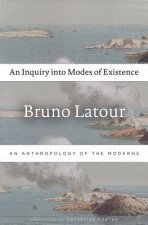
Inquiry into Modes of Existence
903 Kč -
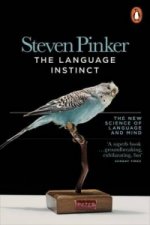
Language Instinct
357 Kč -
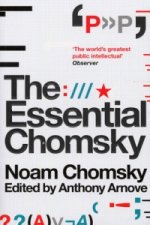
Essential Chomsky
544 Kč -
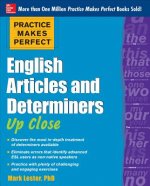
Practice Makes Perfect English Articles and Determiners Up Close
330 Kč -
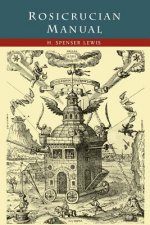
Rosicrucian Manual
389 Kč -
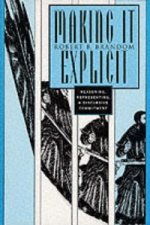
Making It Explicit
1357 Kč -
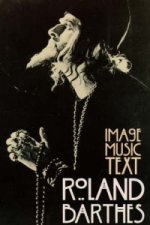
Image Music Text
276 Kč -
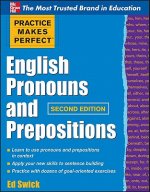
Practice Makes Perfect English Pronouns and Prepositions, Second Edition
376 Kč -

Constructing the World
2043 Kč -
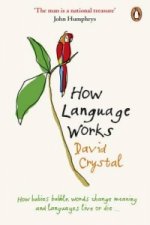
How Language Works
357 Kč -
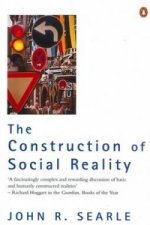
Construction of Social Reality
357 Kč -
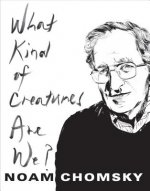
What Kind of Creatures Are We?
358 Kč -
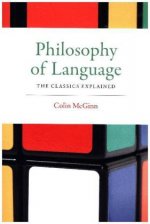
Philosophy of Language
991 Kč -
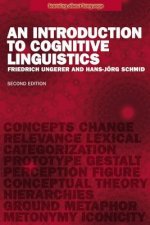
Introduction to Cognitive Linguistics
2305 Kč -
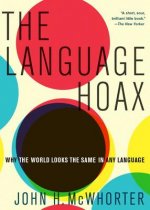
Language Hoax
368 Kč -
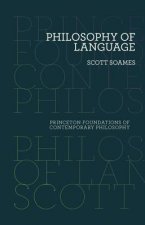
Philosophy of Language
659 Kč -
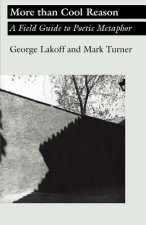
More than Cool Reason
852 Kč -
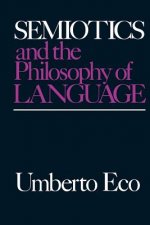
Semiotics and the Philosophy of Language
625 Kč -
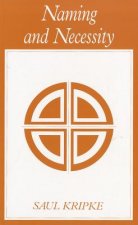
Naming and Necessity
697 Kč -
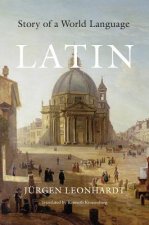
Latin
782 Kč -
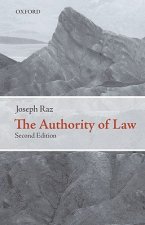
Authority of Law
1336 Kč -
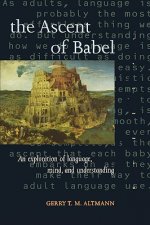
Ascent of Babel
2493 Kč -
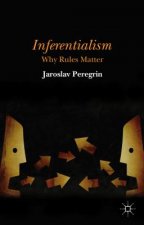
Inferentialism
4204 Kč -
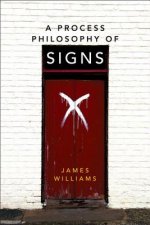
Process Philosophy of Signs
853 Kč -
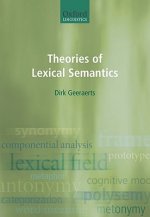
Theories of Lexical Semantics
1584 Kč -
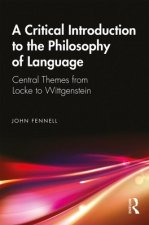
Critical Introduction to the Philosophy of Language
1611 Kč -
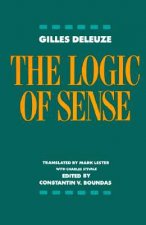
Logic of Sense
634 Kč -
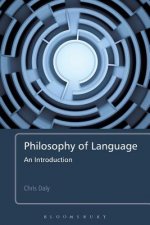
Philosophy of Language
1514 Kč -
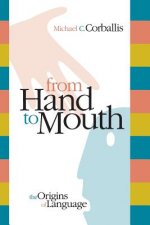
From Hand to Mouth
1185 Kč -
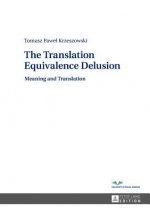
Translation Equivalence Delusion
2730 Kč -
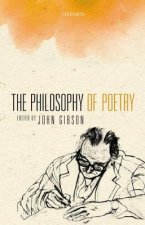
Philosophy of Poetry
3022 Kč -
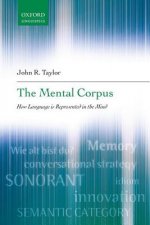
Mental Corpus
1526 Kč -
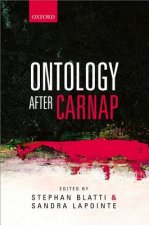
Ontology after Carnap
2996 Kč -

How to Do Things with Words
1515 Kč -
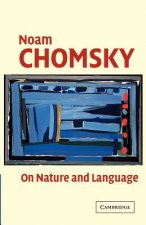
On Nature and Language
1488 Kč -
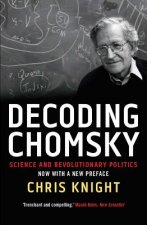
Decoding Chomsky
291 Kč -
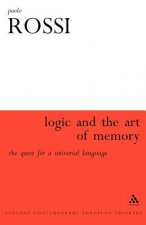
Logic and the Art of Memory
3635 Kč -
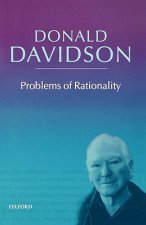
Problems of Rationality
1709 Kč -
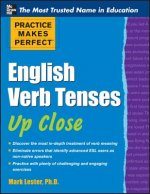
Practice Makes Perfect English Verb Tenses Up Close
500 Kč -
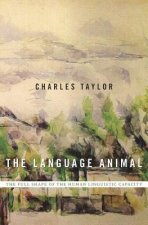
Language Animal
966 Kč -
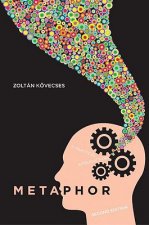
Metaphor
1332 Kč -
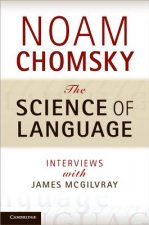
Science of Language
910 Kč -
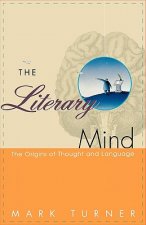
Literary Mind
736 Kč -
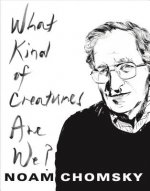
What Kind of Creatures Are We?
554 Kč -
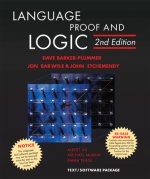
Language, Proof, and Logic
2343 Kč -
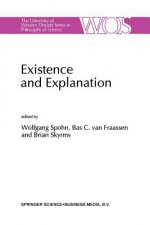
Existence and Explanation
5094 Kč -
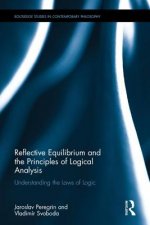
Reflective Equilibrium and the Principles of Logical Analysis
6077 Kč
Osobní odběr Praha, Brno a 12903 dalších
Copyright ©2008-24 nejlevnejsi-knihy.cz Všechna práva vyhrazenaSoukromíCookies



 Vrácení do měsíce
Vrácení do měsíce 571 999 099 (8-15.30h)
571 999 099 (8-15.30h)